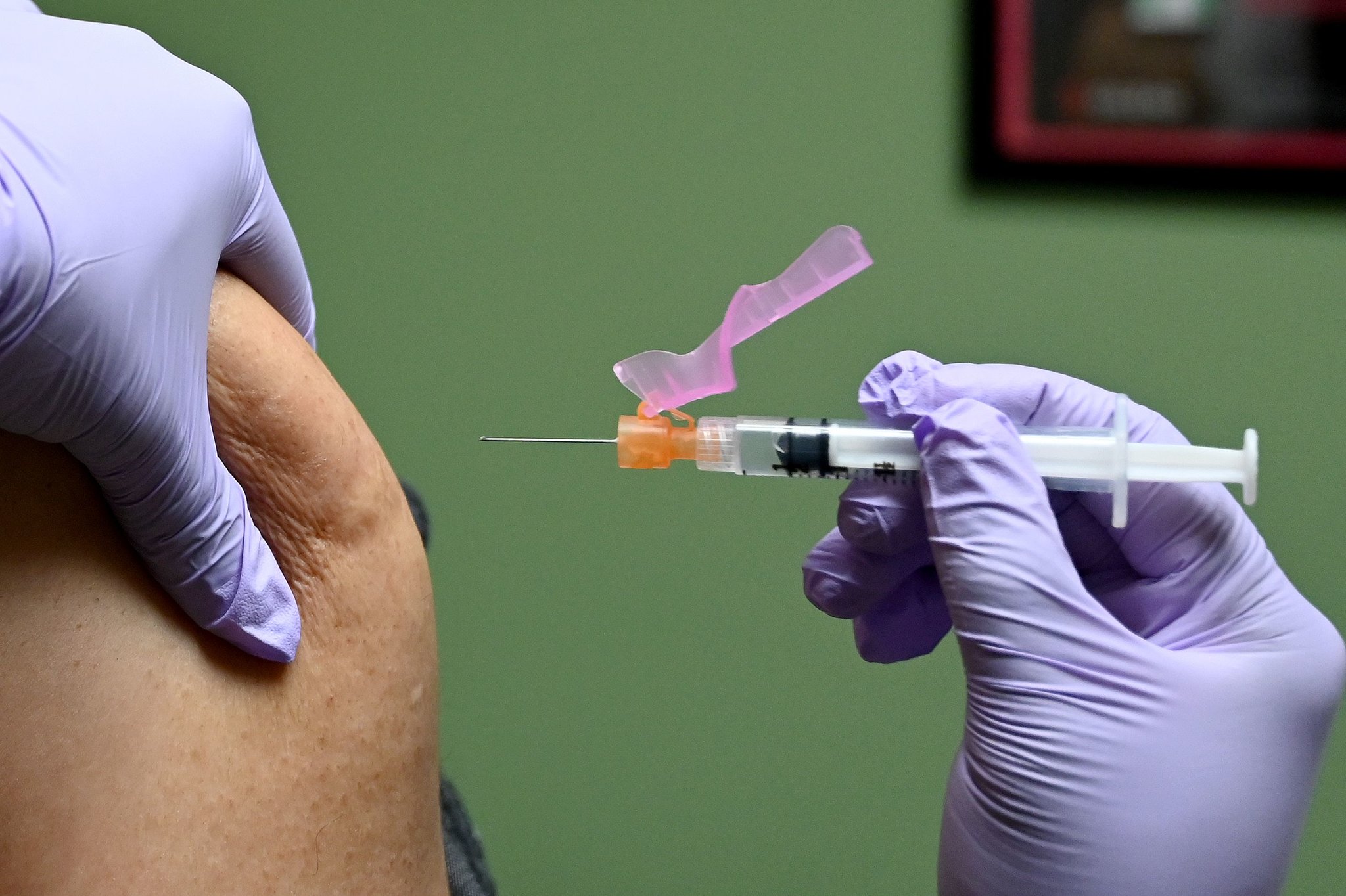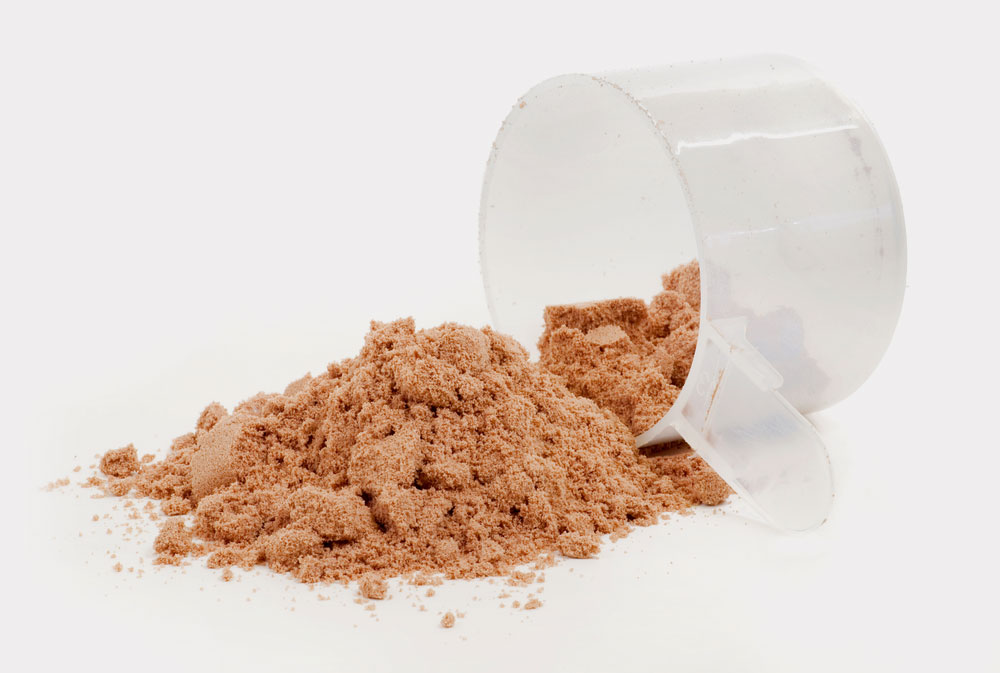How to Prepare for the Coronavirus

How to Prepare for the Coronavirus
Wash your hands. Keep a supply of medicines. Get a flu shot. Experts offer practical tips on how to get ready for an outbreak.
Federal health officials have warned that the coronavirus is likely to appear in communities in the United States. If it does, what can you do to protect yourself and your family?Much of the advice from experts is common sense, and not much different from what you would do to dodge the flu or any other respiratory virus.“The mantra is, ‘Keep calm and carry on,’” said Dr. Marguerite Neill, an infectious disease expert at Brown University.Go ahead, move away.
Americans often disregard colds and flus, continuing about their ordinary business until the infection worsens. And many people who work in minimum-wage jobs do not get sick days. Sometimes they must work even when ill, despite the fact that they have a lot of contact with the public.
The upshot is that there are often people with symptoms in public places — and without apology, you should put distance between you and them. Try for six feet, but even a little distancing is helpful.“If you see someone on a bus who is coughing, move away,” said Dr. Stanley Perlman, an infectious disease and coronavirus expert at the University of Iowa.
And do your colleagues a favor if you aren’t feeling well: Stay home from work. Please.
Wash your hands. Here’s how.
Wash your hands frequently, said Dr. Trish Perl, an infectious disease specialist at the University of Texas Southwestern Medical Center. “It’s not super sexy, but it works,” she said.
Coronavirus infections are transmitted in the same way as many other respiratory illnesses.The virus seems to spread through droplets in the air from a cough or sneeze. They can land in the mouth or nose of a person nearby — within six feet — or possibly be inhaled into the lungs.Symptoms emerge within two to 14 days and can include fever, cough and shortness of breath
If an outbreak occurs, what should you do?
The trademark of coronavirus outbreaks abroad are those ubiquitous face masks.
But if you are healthy, the Centers for Disease Control and Prevention and infectious disease specialists do not recommend face masks. Most surgical masks are too loose to prevent inhalation of the virus.
During the SARS epidemic — also caused by a coronavirus, but one that was much deadlier — hand-washing reduced the risk of transmission by 30 to 50 percent, she said.The thing is, Americans aren’t very good at it.
Wet your hands with clean running water and then lather them with soap; don’t miss the backs of your hands, between your fingers and under your nails.
Scrub your hands for at least 20 seconds. (Parents sometimes tell children that this is about the time it takes to sing “Happy Birthday” twice.)Finally, rinse your hands well with clean, running water. Dry them with a clean towel or let them air dry.If it is not feasible to wash your hands with water, you can use a hand sanitizer, but check the label to be sure it contains at least 60 percent alcohol.Squirt the gel onto your palms, rub your hands together, and then rub the gel all over your hands and fingers until your hands are dry. This step should take about 20 seconds, as well.
The World Health Organization has a much more laborious technique that may also be more effective. Check it out:
Germ management.
If you must cough or sneeze, don’t do it the old-fashioned way, by covering your mouth with your hands. That just leaves germs on your hands, and it’s a short step from there to other surfaces.
Cough or sneeze into your elbow instead. This is more likely to prevent viruses and bacteria from taking to the air, as well.Keep surfaces in your home clean. Alcohol is a good disinfectant for coronaviruses, Dr. Perl noted. Dispose of tissues in a wastebasket after you blow your nose. Don’t leave them wadded up by the bed.
If you are infected, however, a mask can help prevent the spread of a virus.
Health care workers and people caring for sick people at home or in a health care facility should wear masks. The most effective are so-called N95 masks, which block 95 percent of very small particles.
If you don’t need masks, it would still be sensible to have a supply of food staples and medications.
“Don’t wait until the last minute to refill your prescriptions,” Dr. Neill said. “You want to comfortably have at least a 30-day supply.”
Make sure you have essential household supplies, too, like laundry detergent, and if you have small children, diapers, perhaps enough for a month.
Bookmark the website of your local health department so you will have a reliable source of news.Parents may want to contact their child’s school to learn how plans for early dismissals or online instruction would be implemented. People with elderly parents or relatives should have a plan for caring for them if they fall ill.Infectious disease specialists strongly recommend flu vaccination. And the best protection for older people against bacterial pneumonia is, paradoxically, to vaccinate children, said Dr. Keith Klugman, director of the pneumonia program at the Bill and Melinda Gates Foundation.Neither influenza nor bacterial pneumonia seems to affect a person’s risk of getting a coronavirus infection or becoming seriously ill. But it is possible that the coronavirus, by injuring lung cells, can make it easier for pneumonia to take hold in people who also get the flu or bacterial pneumonia, Dr. Perl said.
Avoiding the flu and bacterial pneumonia also means you won’t take up the resources of a hospital and the time of health care workers in the event of a coronavirus outbreak.




